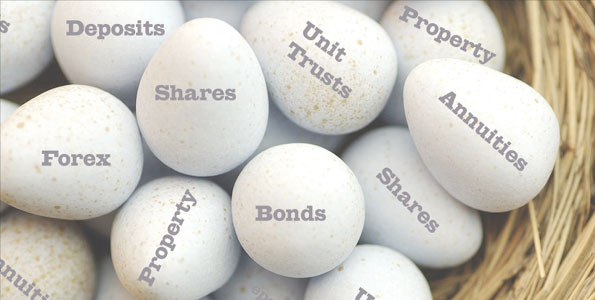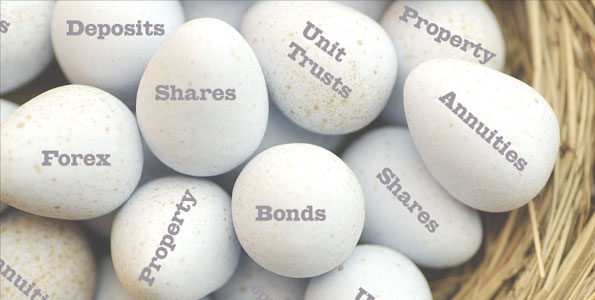
10 reasons to consider Private Equity as part of a healthy investment portfolio

The issue of where to make personal investments has become even more critical given our increased longevity and the demise of final salary pension schemes. To add complexity, the range of our personal investment choices is disconcertingly wide. To name but a few our options include savings accounts, government bonds, equities, investment trusts, property, precious metals and works of art. When it comes to equities the large choice of different funds and individual companies from all around the world is intimidating. Small wonder then that in this crowded investment scene the world of Private Equity (PE) can be overlooked.
Gerry Brown’s The Independent Director aims to dispel some of the ignorance and myths about PE. Brown has been a PE investor over any many years, primarily as a non-executive director in PE owned companies. As a consequence, he’s got to know the industry and believes many more people could benefit from a greater understanding of PE as an investment class.
The BVCA defines PE as "finance provided in return for an equity stake in potentially high growth companies”. Instead of going to the stock market and selling shares to raise capital, PE firms raise funds from institutional investors such as pension funds, insurance companies, endowments and high net worth individuals. Private equity firms use these funds along with borrowed money and their own commercial acumen to help build and invest in companies that have the potential for high growth.
The sector has grown to $3.2 trillion and increasing proportions of the investment portfolios of pension funds and sovereign wealth funds are in PE. Some of the reasons for investing in this class are:
1) Long term historical out performance. The long-term returns of private equity represent a premium to the performance of public equities.
2) True stock picking in a low inflation low growth environment.
3) Absolute returns. The need to provide for ageing populations has obliged many institutions to adopt a more absolute return orientated approach in order to meet future liabilities. PE managers are committed to deliver these absolute returns and their incentivisation structure of carried interest is highly geared towards achieving net cash returns to investors.
4) Portfolio diversification improves risk and volatility characteristics
5) Exposure to the smaller companies market
6) Access to legitimate inside information. A much greater depth of information on proposed company investments is available to PE managers. Equivalent information in the public markets could be considered 'inside information'. By definition investors in public markets will know less about the companies in which they invest
7) Ability to back entrepreneurs. The PE asset class offers the ability to gain investment exposure to the most entrepreneurial sectors of the economy
8)Influence over management and flexibility of implementation. PE managers are actively involved in the deciding on the strategic direction of their companies
9) Leveraging off balance sheet. Buy out managers are able to make efficient use of leverage. They aim to organise each portfolio company funding in the most efficient way to make full use of different borrowing options from senior secured debt to mezzanine capital and high yield debt.
10) Comparative tax benefits. The returns from PE are treated as taxable capital gains. These rates are lower than income tax. In the recent budget the Chancellor announced that capital gains tax are to be lowered.
That’s all well and good but what are the downsides or risks to PE investments?
1) Long termism - the period of investment is usually at least 3 years and can be up to 10 years
2) Investments are often highly sector specific
3) Increased resource requirement. The task of assessing the relative merits of different PE managers is complex and requires more resource than that of benchmarking quoted fund managers
4) Blind pool investing. When committing to a PE fund, the commitment is typically to provide cash to the fund on notice from the General Partner. Investors typically give a wide degree of discretion to the manager to select the companies that the investors will have a share in.
5) Expensive fee structure
Some of the practical ways to invest in PE are as follows:
Publically quoted PE firms e.g. 3i plc
Specialist PE investment Trusts e.g. there are 25 in the UK including Electra and HG Capital
Exchange Traded Funds
Direct investment in companies e.g. by becoming a non-exec or a family friend investor
University spin outs sometimes involve partnership with a PE fund
For more information, article requests, extracts, review copies or interviews, please contact Jeff Scott, Publicist at Platypus PR on (01273) 692215 or email jeff@platypuspr.com
